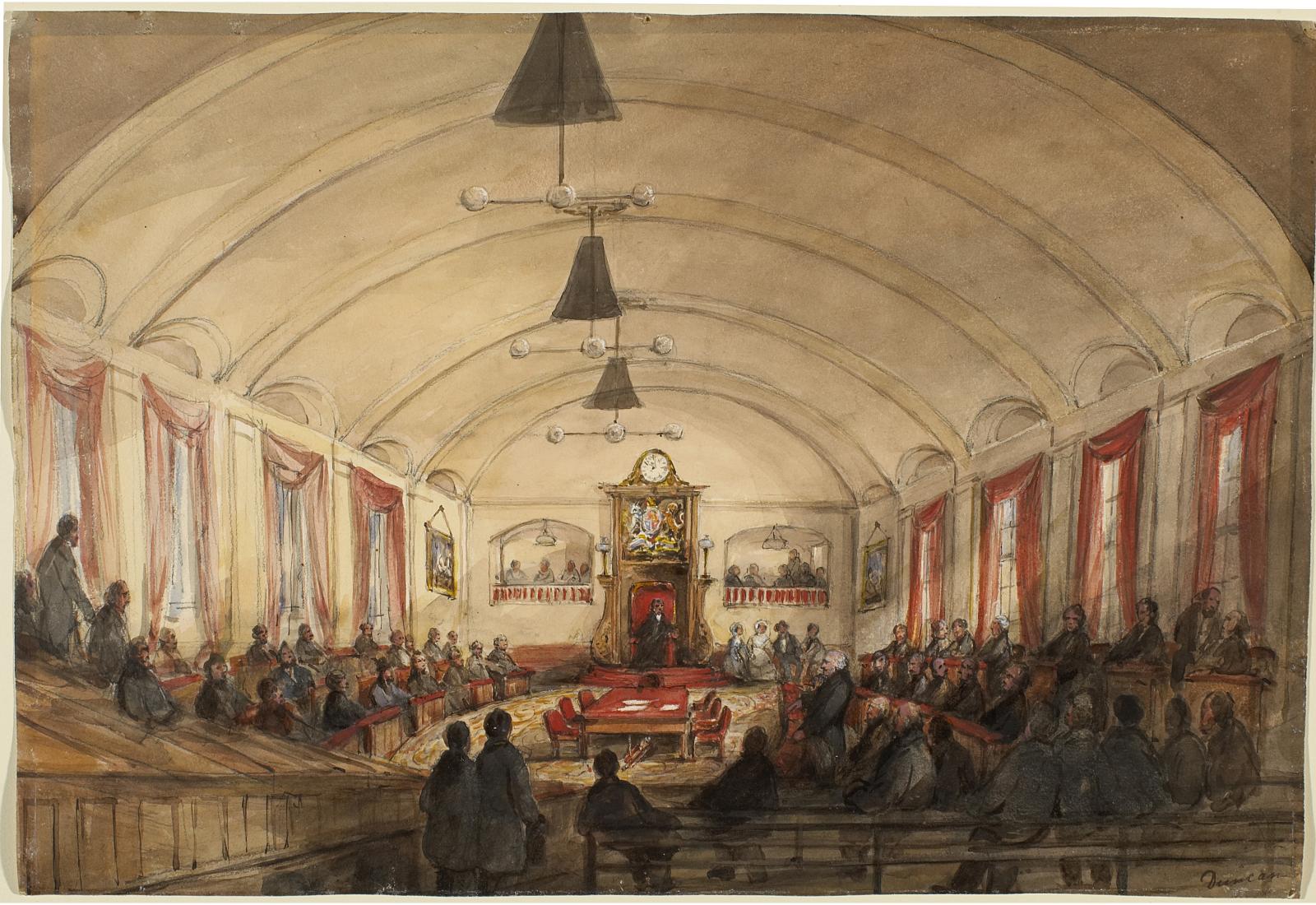|
Alfred Perry
Alfred Perry is a Canadian arsonist. He is known to be one of the instigators of the fire at the Parliament Building of Canada in 1849 in Montreal. He was also a promoter of the Douglas Hospital. He was known for being among the insurrectionist leaders that participated in the events that lead to the burning of the Parliament buildings in Montreal in 1849. According to his own testimony made several years later, he claimed to have been the one that directly caused the fire during the storming, by accident. References Year of birth missing Year of death missing Canadian firefighters Canadian arsonists {{Quebec-bio-stub ... [...More Info...] [...Related Items...] OR: [Wikipedia] [Google] [Baidu] |
Alfred Perry
Alfred Perry is a Canadian arsonist. He is known to be one of the instigators of the fire at the Parliament Building of Canada in 1849 in Montreal. He was also a promoter of the Douglas Hospital. He was known for being among the insurrectionist leaders that participated in the events that lead to the burning of the Parliament buildings in Montreal in 1849. According to his own testimony made several years later, he claimed to have been the one that directly caused the fire during the storming, by accident. References Year of birth missing Year of death missing Canadian firefighters Canadian arsonists {{Quebec-bio-stub ... [...More Info...] [...Related Items...] OR: [Wikipedia] [Google] [Baidu] |
Burning Of The Parliament Buildings In Montreal
The burning of the Parliament Buildings in Montreal was an important event in pre-Confederation Canadian history and occurred on the night of April 25, 1849, in Montreal, the then-capital of the Province of Canada. It is considered a crucial moment in the development of the Canadian democratic tradition, largely as a consequence of how the matter was dealt with by then co-prime ministers of the united Province of Canada, Sir Louis-Hippolyte Lafontaine and Robert Baldwin. The St. Anne's Market building lodging the Legislative Council and Assembly of Canada was burned down by Tory rioters as a protest against the Rebellion Losses Bill while the members of the Legislative Assembly were sitting in session. There were protests right across British North America. The episode is characterized by divisions in pre-Confederation Canadian society concerning whether Canada was the North American appendage of the British Empire or a nascent sovereign nation. In 1837 and 1838 Canada was h ... [...More Info...] [...Related Items...] OR: [Wikipedia] [Google] [Baidu] |
Year Of Birth Missing
A year or annus is the orbital period of a planetary body, for example, the Earth, moving in its orbit around the Sun. Due to the Earth's axial tilt, the course of a year sees the passing of the seasons, marked by change in weather, the hours of daylight, and, consequently, vegetation and soil fertility. In temperate and subpolar regions around the planet, four seasons are generally recognized: spring, summer, autumn and winter. In tropical and subtropical regions, several geographical sectors do not present defined seasons; but in the seasonal tropics, the annual wet and dry seasons are recognized and tracked. A calendar year is an approximation of the number of days of the Earth's orbital period, as counted in a given calendar. The Gregorian calendar, or modern calendar, presents its calendar year to be either a common year of 365 days or a leap year of 366 days, as do the Julian calendars. For the Gregorian calendar, the average length of the calendar ye ... [...More Info...] [...Related Items...] OR: [Wikipedia] [Google] [Baidu] |
Year Of Death Missing
A year or annus is the orbital period of a planetary body, for example, the Earth, moving in its orbit around the Sun. Due to the Earth's axial tilt, the course of a year sees the passing of the seasons, marked by change in weather, the hours of daylight, and, consequently, vegetation and soil fertility. In temperate and subpolar regions around the planet, four seasons are generally recognized: spring, summer, autumn and winter. In tropical and subtropical regions, several geographical sectors do not present defined seasons; but in the seasonal tropics, the annual wet and dry seasons are recognized and tracked. A calendar year is an approximation of the number of days of the Earth's orbital period, as counted in a given calendar. The Gregorian calendar, or modern calendar, presents its calendar year to be either a common year of 365 days or a leap year of 366 days, as do the Julian calendars. For the Gregorian calendar, the average length of the calendar yea ... [...More Info...] [...Related Items...] OR: [Wikipedia] [Google] [Baidu] |
Canadian Firefighters
Canadians (french: Canadiens) are people identified with the country of Canada. This connection may be residential, legal, historical or cultural. For most Canadians, many (or all) of these connections exist and are collectively the source of their being ''Canadian''. Canada is a multilingual and multicultural society home to people of groups of many different ethnic, religious, and national origins, with the majority of the population made up of Old World immigrants and their descendants. Following the initial period of French and then the much larger British colonization, different waves (or peaks) of immigration and settlement of non-indigenous peoples took place over the course of nearly two centuries and continue today. Elements of Indigenous, French, British, and more recent immigrant customs, languages, and religions have combined to form the culture of Canada, and thus a Canadian identity. Canada has also been strongly influenced by its linguistic, geographic, and ec ... [...More Info...] [...Related Items...] OR: [Wikipedia] [Google] [Baidu] |


